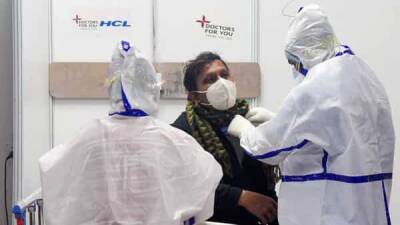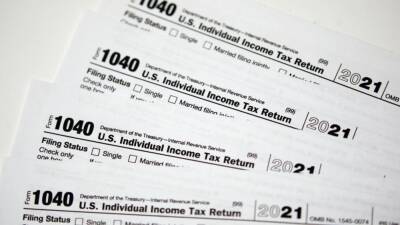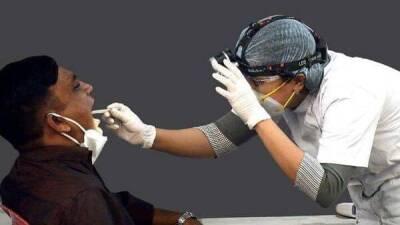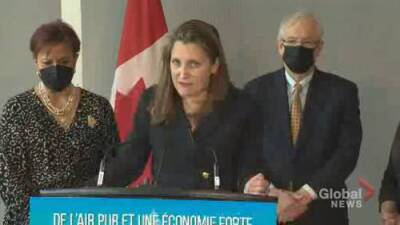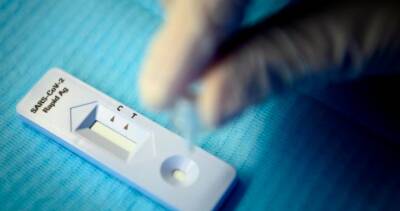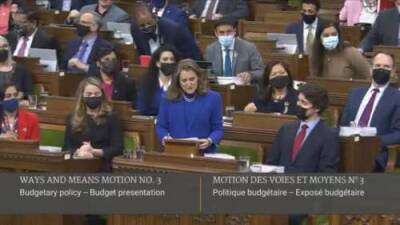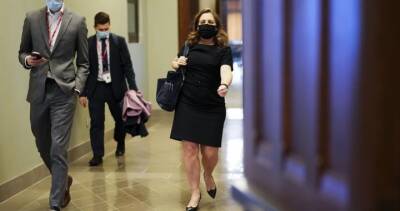News Scan for Apr 12, 2022
Study shows COVID-19–induced myocarditis rare, linked to severe casesApproximately 2.4 out of every 1,000 patients hospitalized with COVID-19 developed myocarditis, an inflammation of the heart muscle that typically follows viral infections, according to an international study published yesterday in the American Heart Association (AHA) journal Circulation.When including possible myocarditis cases, the rate increases to 4.1 per 1,000 hospitalized patients.The international study was based on records from 23 hospitals in the United States and Europe that admitted COVID-19 patients from February 2020 to April 2021.
A total of 56,963 patient records were examined.In total, 54 COVID-19 patients were diagnosed as having definite or probable acute myocarditis as determined via biopsies of the heart muscles or magnetic resonance imaging (MRI), and another 43 were identified as possible myocarditis cases.The patients who developed probable or definite myocarditis were typically male (61%), non-Hispanic white (76.5%), and the average age was 38.
No patients in the study were vaccinated against COVID-19.Chest pain and difficulty breathing were the most frequent symptoms reported by patients who developed myocarditis (in 55.5% and 53.7% of cases, respectively), and 21 patients required inotropic support (the use of drugs to improve heart contraction) or temporary mechanical circulatory support.
Having concurrent pneumonia was associated with higher mortality at 120 days post-diagnosis."At 120 days, estimated mortality was 6.6%, 15.1% in patients with associated pneumonia versus 0% in patients without pneumonia (P=0.044)," the authors wrote."This analysis indicates that, although rare, hospitalized patients with acute myocarditis
Read more on cidrap.umn.edu





